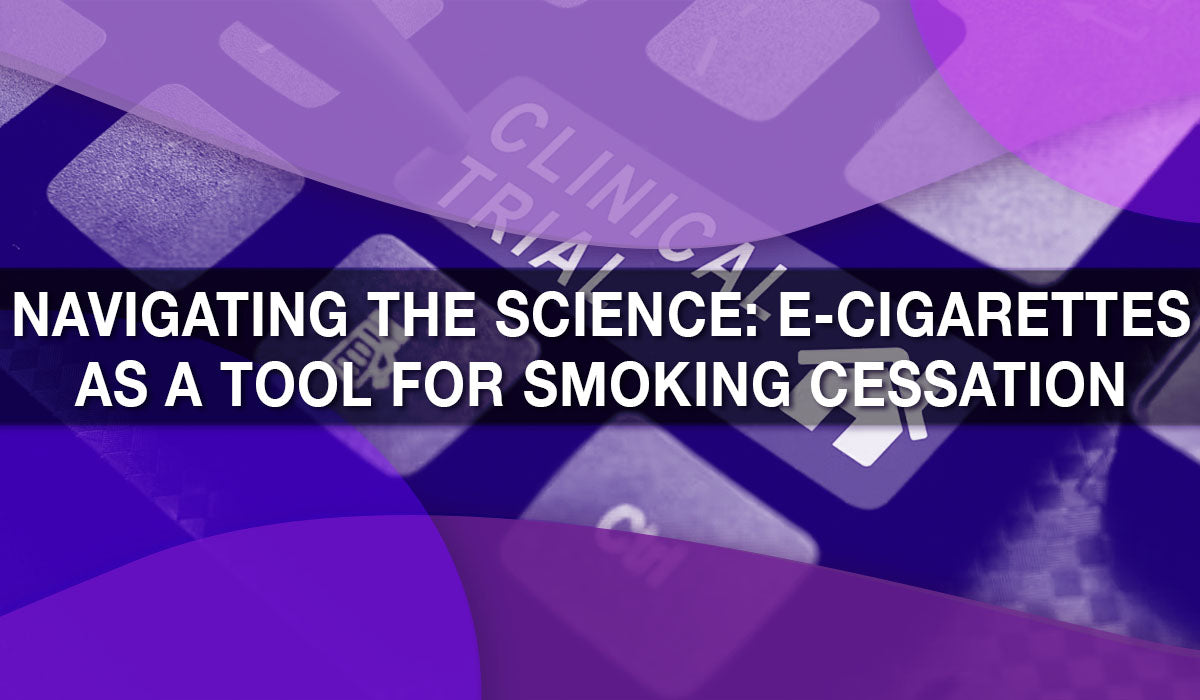
Navigating the Science of E-Cigarettes
In the ongoing debate surrounding electronic nicotine-delivery systems, or e-cigarettes, one voice has emerged as a beacon of reason and advocacy. Dr. Nancy Rigotti, an esteemed academic general internist at Harvard Medical School and Massachusetts General Hospital, recently penned an impactful article featured in The New England Journal of Medicine, urging public health bodies and medical associations worldwide to reconsider their stance on e-cigarettes.
With a potent combination of research-backed evidence and impassioned advocacy, Dr. Rigotti's article delivers a powerful message that challenges prevailing misconceptions and calls for a paradigm shift in our approach to smoking cessation.

Dr. Rigotti's article highlights an intriguing paper detailing a randomized clinical trial spearheaded by Reto Auer. For those with a thirst for data, the complete study has been officially published in The New England Journal of Medicine.
The findings of the study were nothing short of remarkable. Participants who received e-cigarettes alongside standard-of-care smoking cessation counseling were significantly more likely to achieve continuous, biochemically verified smoking cessation at the 6-month mark compared to those who received standard care alone. This pivotal discovery not only underscores the potential of e-cigarettes as effective smoking cessation tools but also challenges the prevailing skepticism surrounding their efficacy.

What sets this study apart is its rigorous methodology and broad enrollment criteria, which enhance the generalizability of the findings. By providing participants with free refillable tank-type e-cigarette kits and 6 months of free e-liquids, the study mimicked real-world scenarios and offered valuable insights into the practical implications of integrating e-cigarettes into smoking cessation programs.
Moreover, the study addressed crucial concerns regarding the safety of e-cigarettes. Contrary to fears of exacerbating health risks, the trial demonstrated that adding e-cigarettes to standard-of-care counseling did not lead to an increase in adverse events over the short term.
As we reflect on the implications of this groundbreaking study, it is evident that we stand at a pivotal moment in the discourse surrounding e-cigarettes. The evidence presented challenges us to reconsider our preconceptions of vaping.
The research conducted by Auer and colleagues represents a significant milestone in our comprehension of e-cigarettes.
By dispelling common misconceptions and furnishing compelling evidence of their effectiveness, this study lays the groundwork for a more nuanced and evidence-driven integration of e-cigarettes into comprehensive programs. As we navigate this complex landscape, let us remain vigilant, informed, and committed to leveraging every available tool in our collective effort to combat the devastating toll of tobacco-related diseases.









Leave a comment
This site is protected by hCaptcha and the hCaptcha Privacy Policy and Terms of Service apply.